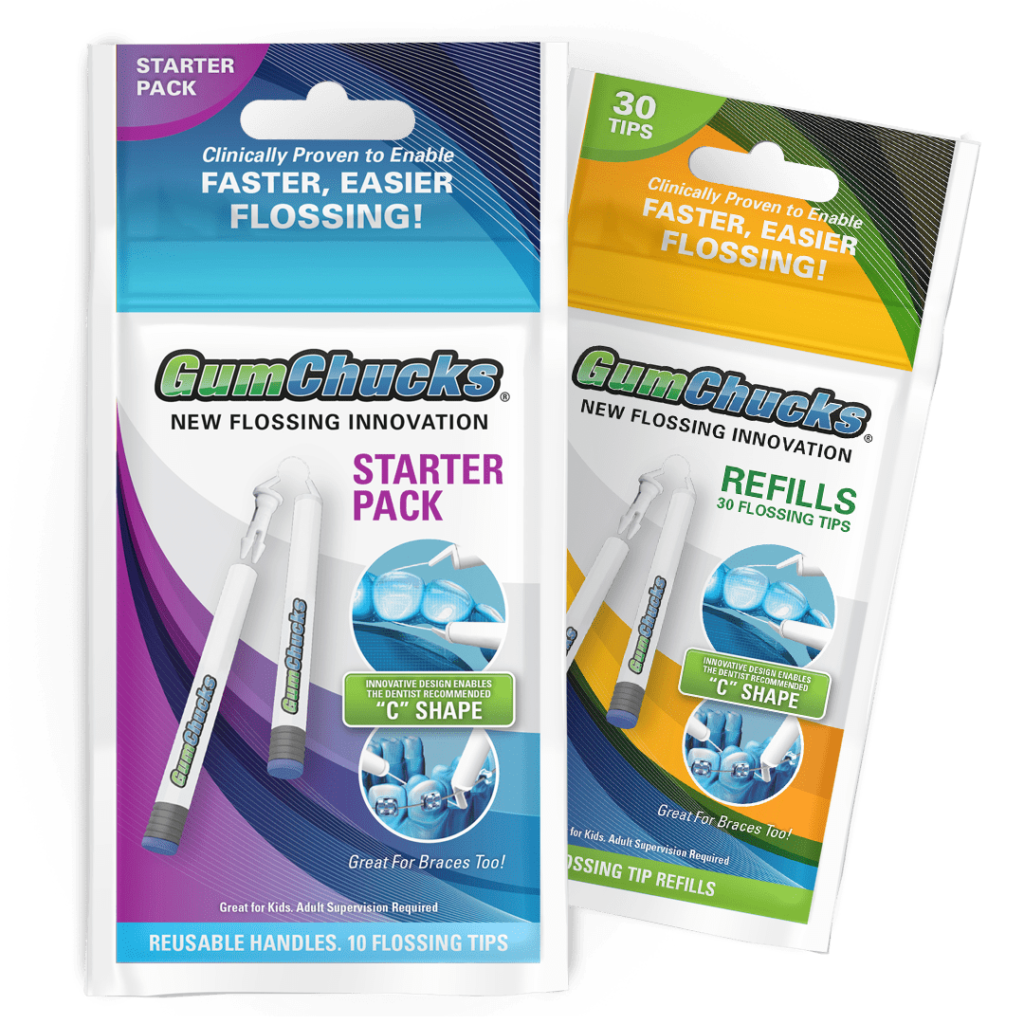It’s common for people to clench or even grind their teeth every once in a while. Whether this is a reaction to stress or anxiety, exhibiting occasional teeth clenching traits isn’t detrimental to an individual’s health. On the other hand, the act of constantly grinding your teeth can result in numerous dental and general health consequences that will later negatively impact your quality of life. Additionally, regularly exhibiting teeth clenching and grinding habits, medically called Bruxism, is commonly seen in individuals who aren’t even aware of themselves having this issue. Let’s explain the causes of bruxism, symptoms you should look for, and what treatments are available to overcoming this addictive habit.
Causes & Symptoms of Bruxism
When it comes to what causes an individual to grind their teeth, stress and anxiety is generally seen as the most likely culprit. Anger and high levels of concentration can also lead to someone clenching and grinding their jaw. Although, other factors, such as taking drugs, smoking cigarettes, consuming alcohol, or even over-consuming caffeine are all common factors seen in those who struggle with bruxism.
If left untreated, bruxism can lead to a variety of health concerns, including:
- Flattened, fractured, chipped, or loose teeth.
- Grated enamel exposing deeper layers of your teeth.
- Tight sore jaw muscles, or even a locked jaw in severe cases.
- Headaches and migraines.
- Neck, face, or jaw soreness.
- Damage from chewing the inside of your cheeks.
- Frequent sleep disruptions.
While extreme emotions such as stress, anger, or anxiety are the most common precursor of bruxism, there are other contributing factors as well. For example, young individuals are more likely to grind their teeth, with many breaking this habit by the time they’re an adult. Some medication, such as antidepressants, can also lead to increased jaw clenching habits. Additionally, bruxism can be hereditary, you’re more likely to grind your teeth if your family has a history of this habit.
Sleep Bruxism
Sleep bruxism is when an individual involuntarily clenches and grinds their jaw while remaining asleep. The majority of sleep bruxism takes place early in the sleep cycle during stages 1 and 2 of non-REM sleep, and generally these are displayed in several episodes of forceful teeth clenching followed by relaxed jaw activity.
A majority of people with sleep bruxism aren’t even aware of their actions unless a bed partners brings it to their attention, making this issue difficult to diagnose and treat. The act of sleep bruxism can also disrupt your bed partner due to frequent episodes of loud teeth clattering throughout the night. If you sleep alone, however, other signs of sleep bruxism include morning tension headaches and unexplained teeth damage.
People who grind their teeth can exert up to 250 pounds of force from their jaw alone, which makes it clear to see how sleep bruxism can be so detrimental to an individual’s health. Fortunately, when it comes to sleep bruxism, most people grow out of this as they age. Overall, sleep bruxism effects 17% of children, 15% of teenagers, 8% of middle-aged adults, and a mere 3% of older adults.
Treatments for Bruxism
There are several treatments to overcoming bruxism and sleep bruxism, which include:
- Stress management is often seen as the best way to eliminating jaw clenching tendencies. Some stress management tips include breathing exercises, listening to calming music, and exercising regularly.
- Wear a mouth guard or a mouth splint to sleep.
- Practice everyday jaw exercises and stretches, such as opening your mouth wide and repeating this action ten or more times.
- Omitting gum and hard food from your diet.
- Don’t smoke cigarettes or take drugs.
- Don’t drink too much alcohol or caffeine.
- Regularly see your dentist.
If you’re trying to treat teeth or jaw pain that occurred as a result from bruxism, taking over-the-counter painkillers should alleviate these symptoms. Additionally, applying an ice pack, or a bag of frozen peas, to the area of pain for 20 to 30 minutes should reduce swelling brought on by bruxism.
Practicing Healthy Oral Care
While bruxism is just one trait that can lead to deteriorated oral health, there are several other habits that can severely impact the condition of your mouth. Furthermore, if you suffer from sleep bruxism, it’s important to maintain strong teeth that can handle the symptoms of this unfortunate habit. Flossing is the only way to remove plaque from between your teeth, flossing regularly also helps keep tartar out of hard-to-reach places. GumChucks’ design ensures a flossing experience that’s faster, easier, and more effective than competing flossers or traditional floss. Our two handles with disposable floss allow you to comfortably reach all your teeth, even those in the back while wrapping the floss around each tooth. This creates the vital “C-Shape” necessary to get below the gum line and effectively clean each tooth.

GUMCHUCKS MAKES FLOSSING FUN, FAST, AND EASY!
Click here to get started with GumChucks today!

0 Comments